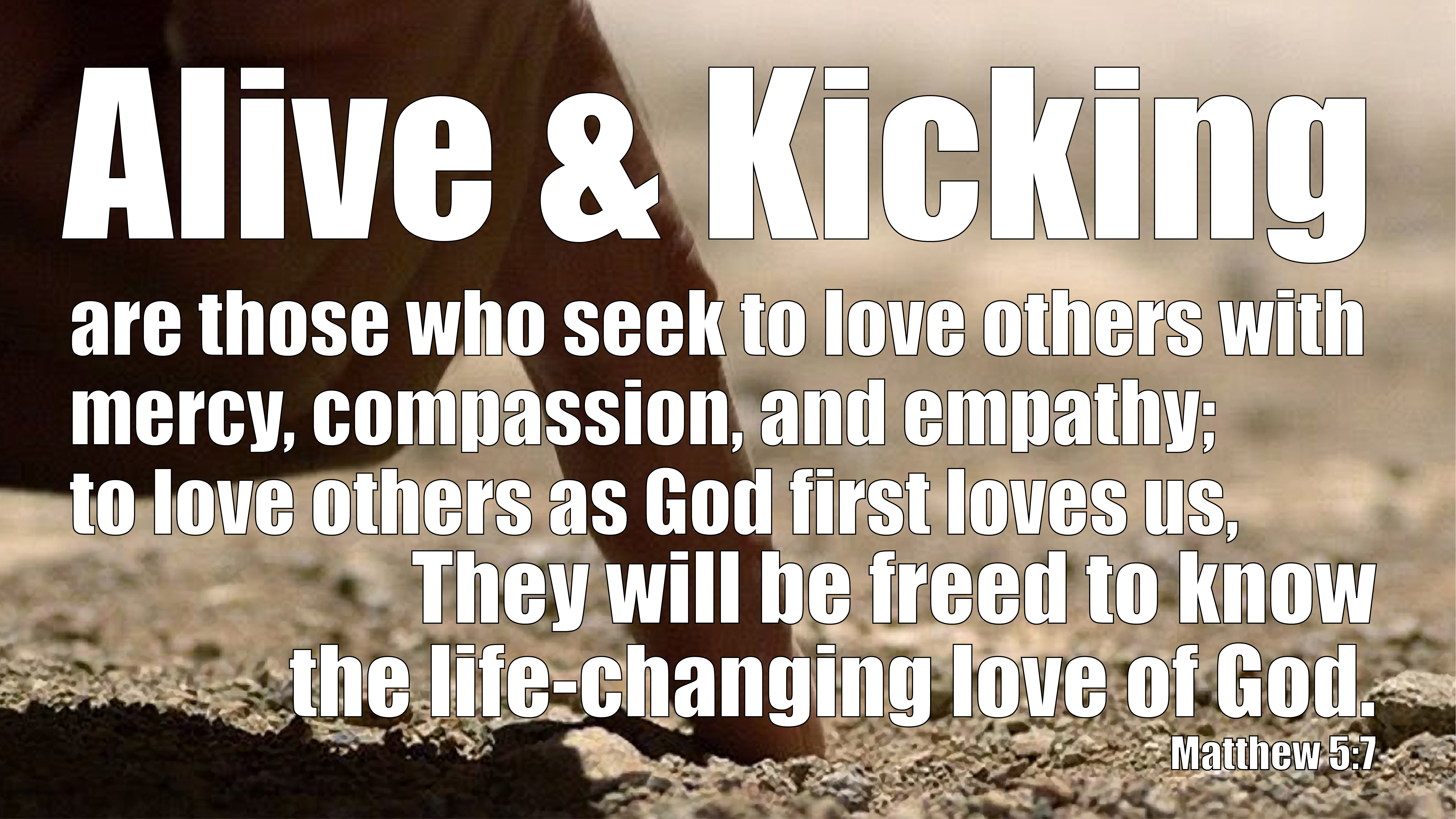
The Beatitudes (Matthew 5:1-12) are identified as the essential teaching of Jesus. Today’s beatitude is about Mercy. It’s a word that we don’t often use these days except when talking about a guilty person pleading for leniency. Ironically, it’s maybe most known today as the name of a female video game character. That’s the number one Google search result for the word! In daily speak, I hear it most often used as an expression of frustration, when there seems to be no solution to a problem – “Lord, Have mercy!” We’re admonished in modern times to be merciful to those who have no other options, avenues or ways forward. Yet in our current climate we look down upon mercy as a weakness, or maybe we don’t know what it is. Increasingly, the way in which Michelle Obama conjugated mercy “when they go low, we go high” is being recast as “when they go low we go lower” or even “when they go low we kick them [in the nuts]!” That can’t be what Jesus is talking about, is it?… Merely showing mercy when it serves our transactional interests?
The word for mercy in the Bible also means pity, and compassion. It’s both the way that we are invited to see, treat and love those who are not as privileged, or who are more needy or miserable, than we are. It’s intimately tied to the Biblical affirmation of God’s love, expressed in the covenant agreements God makes with Abraham, Noah and all of us. Mercy “hesed” (in Hebrew) is the love that God has towards creation (us!) Mercy is also the word used to translate the Hebrew “rachamim” meaning mother’s womb, a love that is unconditionally aware and attentive of our needs, limits and created potential. No one is talking about that kind of love in our current political climate and societal context of us versus them tribalism!
The hate crime story of John 8 of the woman brought before Jesus by the self-righteous crowd of religious leaders shows us how Jesus envisions and practices mercy (hesed love). He’s not naïve, nor a push-over; but rather subversive. Notice how he transforms the anti-Jesus tribalism of both the leaders and the life of the un-named woman. What did he write in the sand? What did she do after that day? How does Jesus challenge us to live mercifully in our merciless time?
Questions for the practice of Examen & Contemplation
- What does the word mercy mean to you?
- We want people to show us mercy, of course, but do you show mercy to others
- What are the politics of mercy?… in the story of John 8? … in your life and relationships? … our world? How does the story of mercy in John 8 intersect your own story and life?
- How can we/you become people of mercy?
- To whom do you not want to show mercy?
Download the Text Study Sheet that we use as a base for our conversation at our weekly Sunday Vocabulary of Faith Class @CAPCOakland [HERE].